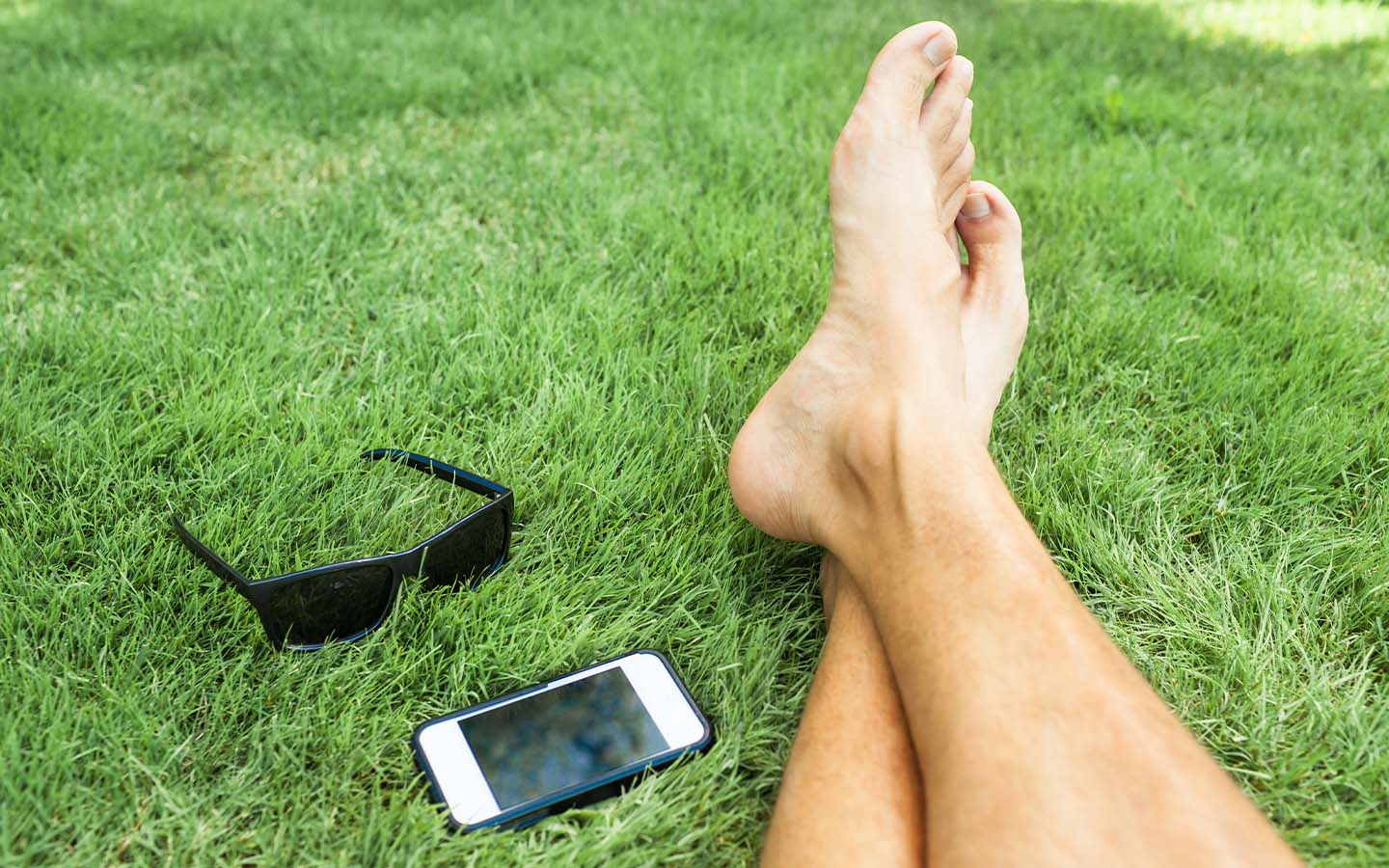Taking a step back in time to when our “dumb phones” could only call and text may improve mental health, boost well-being and improve our attention spans, reports SciTechDaily.
New research from an interdisciplinary team of experts in psychology, psychiatry and consumer behaviour headed by Adrian Ward, associate professor of marketing at the University of Texas at Austin, investigated how constant connection through our smartphones impacts our psychological functioning, namely our mental health, subjective well-being and attention span.
Their experiment found that just two weeks of blocking mobile internet from smartphones improved all three – if participants could stick with it. Many (43 percent) never installed the app used to block internet access on their phone, and of those who did, only 25 percent went the full two weeks offline.
The divide reflects the push and pull of technology: despite constant connection being a source of stress and anxiety, it is also something many of us are unwilling to give up. Research on limiting access to a certain amount of time, or certain times of day, or other set parameters such as blocking only social media or email, may help to determine how to extend offline benefits to more people.
[See more: Brazil has passed a law restricting smartphone use in school]
Ward and his team conducted a four-week randomised controlled trial of 467 participants randomly sorted into two groups. The first group activated an app designed to block all internet access for the first two weeks before getting internet back, while the second group activated the same app during the latter two weeks. Participants could still access the internet through other devices at work, home or school, but the smartphones they carried with them could only be used for text messages and calls.
Researchers used a combination of self-reported assessments and objective computer-based tests to measure participants’ psychological functioning at the beginning, middle and end of the four-week study. They found notable improvements in mental health, well-being and sustained attention during the two weeks with no mobile internet.
Over 90 percent of participants improved on at least one of those three metrics, while 71 percent reported better mental health after the two-week break than before. The average degree of improvement in depression symptoms, the study notes, was larger than that reported in multiple studies of antidepressant medications and comparable to cognitive behavioural therapy (CBT).
Attention spans also improved, roughly the same magnitude as 10 years of age-related decline and about a quarter of the difference between an adult without ADHD compared to one with the disorder. The benefits of blocking mobile internet also seemed to increase over time, with participants reporting progressively better mood day by day during the intervention period. Ward attributes the results, not only to disconnecting, but also reconnecting with offline activities like hobbies and spending time with friends, as well as sleeping more and feeling more in control of their own decisions.






